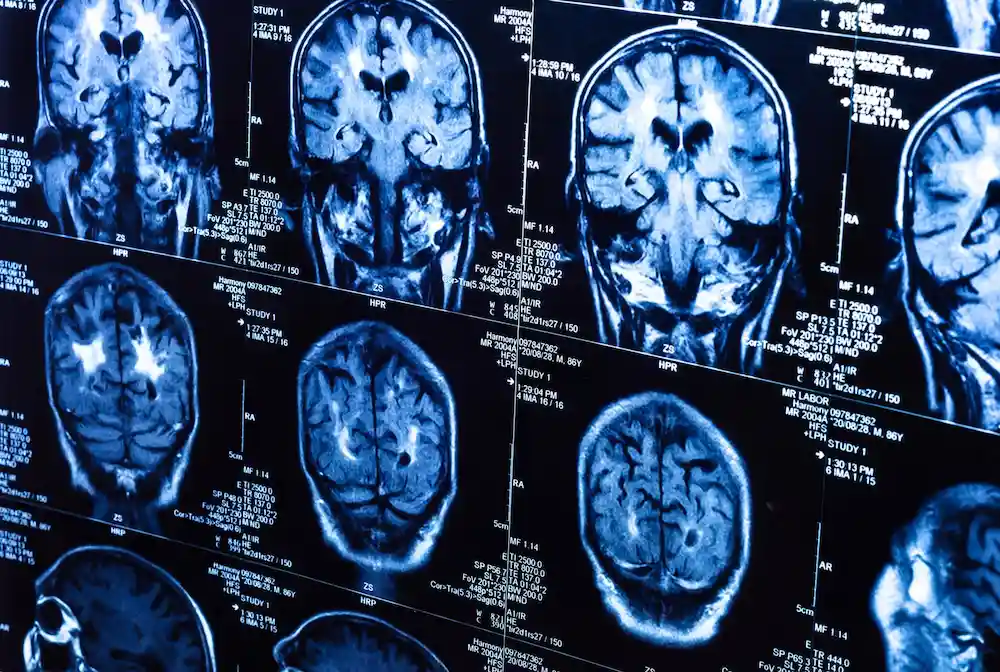Lisbon Traumatic Brain Injury Lawyer
Need a Lisbon traumatic brain injury accident lawyer for a traumatic brain injury?
If you or a loved one suffered a TBI in an accident involving Uber, Lyft, or another rideshare driver—whether as a passenger, pedestrian, or another motorist—you may be entitled to compensation. Rideshare accident claims involving brain injuries can be especially complex, but Etemi Law has the experience to guide you through it. We’re committed to helping TBI victims get the justice and compensation they deserve.
Call us today at (203) 409-8424 for a


Understanding Traumatic Brain Injuries (TBI)
A traumatic brain injury (TBI) occurs when a sudden jolt, blow, or impact causes the brain to move rapidly within the skull. This movement can result in chemical changes, bruising, or damage to brain tissue. Even mild trauma—known as a mild traumatic brain injury (MTBI)—can lead to lasting effects, sometimes without immediate signs such as loss of consciousness.
Common Causes of TBI
TBI can happen in many everyday situations, including:
- Rideshare Accidents – Sudden impact from Uber or Lyft collisions, especially rear-end crashes, can cause the brain to jolt violently.
- Slip and Fall Accidents – Striking the head on the ground during a fall can lead to significant brain trauma.
- Sports Injuries – Contact sports like football, boxing, and rugby are common causes of concussion and TBI.
- Motorcycle Accidents – Especially in Connecticut, where helmets aren’t required for all riders, these crashes can be devastating.
- Pedestrian Accidents – Pedestrians struck by vehicles often suffer TBIs due to direct impact.
- Product-Related Injuries – Falling merchandise or faulty safety equipment (like airbags) can cause head trauma.
- Birth Injuries – Trauma during delivery can result in infant brain injuries with lifelong consequences.
Why TBI Cases Are Complex
Brain injuries are often called “invisible injuries” because their symptoms may be subtle, delayed, or misdiagnosed. TBIs can affect memory, mood, concentration, and even personality. Because of the complexity of these cases—especially when involving multiple parties, such as in rideshare accidents—it’s critical to have a legal team that understands both the medical and legal challenges involved.
How Etemi Law Can Help
At Etemi Law, we are committed to helping victims and their families get the compensation they need for recovery and long-term care. Our experienced team will:
✅ Thoroughly investigate the cause of the brain injury
✅ Work with medical experts to document its full impact
✅ Handle negotiations with insurance companies and responsible parties
✅ Take your case to trial if necessary to fight for full compensation
Don’t Wait — Protect Your Rights
If you or a loved one has suffered a brain injury due to a rideshare crash or another type of accident, it’s crucial to act quickly. You deserve a legal team that will stand by your side and fight for the justice and financial recovery you need.
📞 Call us at (203) 680-8080
📧 Email us or fill out our Free Case Evaluation Form to schedule your free consultation today.
As a reporter who has watched rural roads collect stories, I look at Lisbon’s Route 12 and the low-visibility approach from farm lanes near Lisbon Green and see a familiar pattern: heavy agricultural equipment merging with commuter traffic, blind rises and sun‑glare at dusk. Those encounters create the blunt-force and rotational forces that often produce traumatic brain injuries, and they change the way emergency crews must triage wounds on a narrow county road.
In harvest season a tractor turning off a gravel drive can be as hazardous as a speeding pickup. Lisbon Volunteer Fire Department volunteers describe long scene times while stabilizing cervical injuries and coordinating loader extractions; tractors and implements complicate immobilization and contribute to crush and acceleration mechanisms. These are practical realities—how a machine, a slope, or a sun angle determines the likely types of brain injury and the immediate on-scene priorities.
When a Lisbon crash produces loss of consciousness or focal weakness, decisions about transport matter. Ground ambulances often route toward Backus Hospital in Norwich for initial CT and neurosurgical evaluation, but complex cases require interfacility transfer to regional trauma centers by helicopter or highway ambulances. Those transfers introduce hours that affect monitoring, secondary injury prevention, and family planning—critical considerations for rural patients, paramedics, and receiving specialists.
Recovery in Lisbon often follows a piecemeal map: short inpatient stays near Norwich, then outpatient physical and cognitive rehab at clinics that expect long drives on shaded backroads. Families report transportation barriers when a loved one needs repeated therapy, and clinicians must plan for prolonged rehabilitation windows for diffuse axonal injury and post-concussive symptoms. The community’s pattern of farm shifts and weekend equipment work shapes both acute risk and long-term care logistics.
